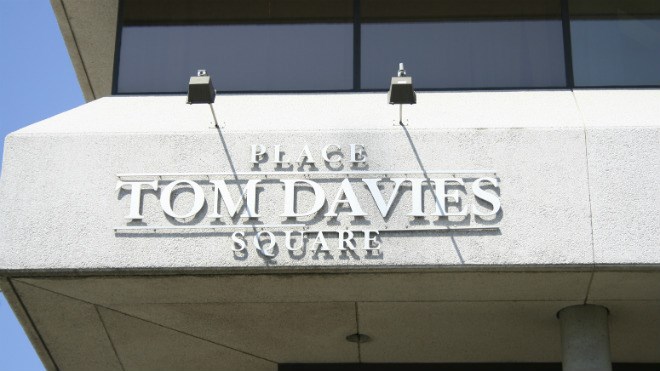The planning committee has referred debate of the province's open-for-business bylaw to next month's meeting of city council.
Meeting on Monday, the committee was joined by Mayor Brian Bigger, who pointed out that Bill 66, the act creating the bylaw, is far from final. At this point, the province is looking for feedback.
"This is requesting comments, it's a consultation with municipalities at this point," Bigger said.
Formally known as Restoring Ontario’s Competitiveness Act, the bill was introduced in in the legislature last December. The legislation includes clauses that would allow developers of major projects to bypass a number of planning approvals normally required, with the goal of getting to a decision within a year.
Open-for-business bylaws would be directed to industrial developments that create at least 50 jobs. Cities must receive approval from the province to enact the bylaw, but don't have to hold public hearings first.
Unlike normal planning decisions, projects approved under the bylaw could not be appealed to the Local Planning Appeals Tribunal, the body that normally deals with land use disputes.
“An open for business bylaw is not subject to the Provincial Policy Statement, Growth Plan for Northern Ontario, the Clean Water Act, and other prescribed provisions,” says a staff report on the legislation.
“The minister and the municipality have the ability to impose conditions it considers necessary to protect public health and safety.”
Traditionally, the report says planning rules have tried to balance economic development and protecting the environment, with public consultation a key part of the process.
“The proposed open for business bylaw appears to prioritize economic goals and objectives to the exclusion of environmental, social and other goals and objectives,” the report says. “The proposed framework to formulate and approve an open for business bylaw appears inconsistent with city council’s approach to community engagement and public consultation.”
Ward 8 Coun. Al Sizer wondered if the bylaw, if adopted, would be used at the discretion of developers or city council.
And he wanted to know how other cities in Ontario are reacting, since he's heard other municipalities are “opting out” of passing the bylaw.
Bigger said the legislation isn't yet at the “opting out” stage, and instead the province is looking for feedback from cities on what they think of the proposed changes.
"We're not approving anything," he said.
Ward 10 Coun. Fern Cormier, who chairs the planning committee, asked staff to further break down the proposed changes for a revised report heading to city council Feb. 12.
Specifically, he'd like to see the changes outlined in charts, alongside staff reaction to the proposals, as well as any information on how other cities have responded.
Councillors also received a report on the ongoing Official Plan process. As reported by Sudbury.com last week, the Ministry of Municipal Affairs and housing rejected changes to the Official Plan approved by city council, but opposed by city staff.
Those changes would have allowed owners of land zoned rural to divide their property into six lots, rather than the three currently permitted. The province said no, that the lot limit is a restriction all cities in Ontario must follow. The main reasons are to prevent urban sprawl, which makes infrastructure too expensive to maintain, and to fight climate change.
In rejecting the changes, the province said Greater Sudbury currently has about 475 rural lots without lake frontage available for development, while demand for such lots is dropping and is expected to be just 360 between now and 2046. The change proposed by the city would have increased the number of potential lots to 4,700.
In rejecting the change, however, the province did allow current rules to stand, which allow the lots to be broken up into more than three parcels only under certain site specific conditions.
Kris Longston, the city's manager of community and strategic planning, said recent changes to legislation gives the city few options to press their case.
"They are now no longer appealable,” Longston said. “So the ministry's decision would be the final decision."
